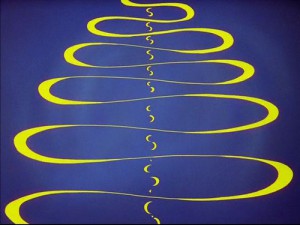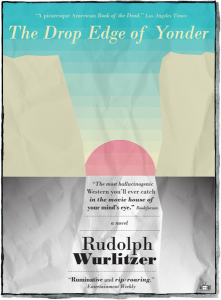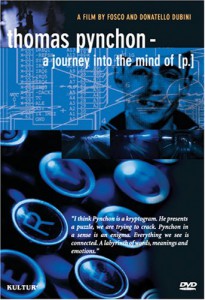Daily Archives: June 5, 2023
From Film Comment, September-October 1978. — J.R.
The Countercultural Histories of Rudy Wurlitzer
From Written By 3, no. 11, November 1998. — J.R.
Let me start this off with an update: a plug for Wurlitzer’s most recent novel, a sort of Buddhist Western that grew out of an unrealized script, and a truly haunting page-turner. — J.R.
“What’s your name?” she asked.
“I don’t know,” I said. “I mean, I don’t know how to answer that.”
I was suddenly afraid of losing the anonymity that existed between us, as if once we knew our names the erotic focus we were falling into would dissolve. I curled my lower lip.
“We’re overloaded as it is.”
“Yeah, you’re right,” she said.
— Rudolph Wurlitzer, Quake (1972)
SQUIER We must move southward. Only by expanding can we hope to avoid a civil war and save those in
situtions we hold most precious.
DR. JONES I assume you are including slavery?
SQUIER I certainly am. We must not be sentimental if we wish to preserve that which is most precious to
us. The camera cuts to Ellen, enraged by the conversation. As her eyes dart around the room, she and Walker begin to move their hands in sign language. We see for the first time that Ellen is deaf. Read more
Thomas Pynchon: A Journey Into The Mind Of P.
From the Chicago Reader (October 6, 2006). — J.R.
Pynchon freaks can be divided into two categories: those fascinated by his work, who respect his wish to be known through it, and those fascinated by his life, who see his writing as an illustration of his experiences. Aimed at the latter group, this 2001 Swiss documentary by Fosco and Donatello Dubini begins by enlisting a former Pynchon squeeze to show us his LA digs from the early 70s (she’s identified as Bianca from Gravity’s Rainbow, which discounts whatever art he brought to his experiences) and goes mostly downhill from there. Pynchon groupies weigh in while significant critics like Edward Mendelson are omitted, and even as gossip the movie reflects poorly on some of the author’s old friends. But the archival footage does include Lee Harvey Oswald (who may have been in Mexico City at the same time as Pynchon) and a cat freaking out on mescaline. 90 min. (JR) Read more




